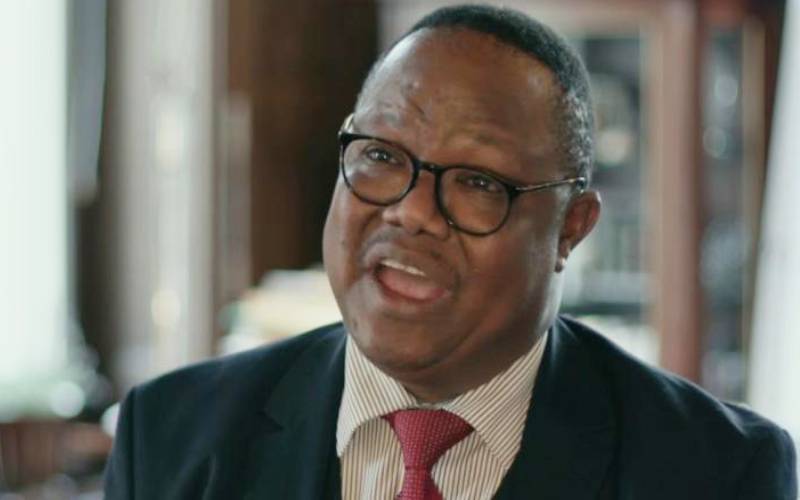×
The Standard e-Paper
Fearless, Trusted News

Tanzania Opposition leader Tundu Lissu.
Tanzania Opposition leader Tundu Lissu has described the media space in Tanzania under the late President John Pombe Magufuli as a prison.